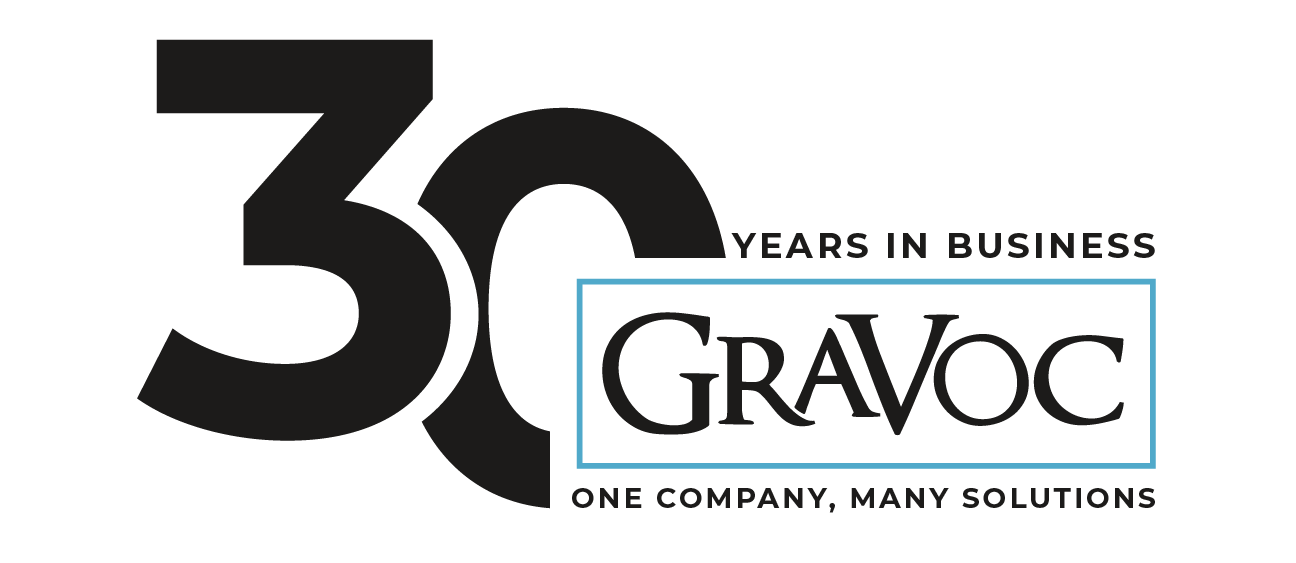Buying an Enterprise Resource Planning (ERP) software is the business equivalent of going to the dentist. Nobody looks forward to the process, but everyone knows it’s necessary for long-term health. A key piece of the puzzle is selecting an ERP software that is the right fit for your business. Finding the right ERP system to replace your legacy software or highly tailored solution might seem challenging. But the following considerations can help streamline the ERP software selection process to ensure the final solution delivers the functionality, performance, and return on investment your business needs.
Before we begin, what is an ERP?
An ERP software enables companies to automate critical business functions and enhance data visibility. Common ERP modules help streamline and optimize processes in human resources, supply chain, finance, procurement, manufacturing, and more.
The reasons behind looking for a new ERP system are varied and many. Some companies are driven by operational needs, but many companies choose ERP because of finance and accounting needs. This is especially true of growth driven SMBs. However, implementing ERP software allows companies – both small and large – to leverage deeper insights to make smarter business decisions and drive operational efficiency.
What you should consider when selecting an ERP software for your business
Return on investment (ROI)
This point should be a no-brainer for finance and accounting people. Make sure you think about the long-term ROI, including the cost of ownership of the new ERP system. Factor in expenses such as software licensing costs, support services, implementation costs, and other key pricing.
Many times, a company’s financial operations are carried out manually in spreadsheets, just like other departments’ operations. Attaching a cost to the manual tasks is easy when you bill services by the hour or produce items of a calculable value. When the labor savings are on an internal service, however, the numbers become more subjective. Carefully consider whether the new ERP will allow your business to cut any technology or operational costs that will make the financial investment worth it in the long run.
Internal business processes & ERP functional requirements
The more realistic your team is in documenting its internal processes, the smoother the ERP evaluation and implementation can be. Too often, people try to protect their jobs by not disclosing all the tasks they do in detail. Unfortunately, this hurts the ERP software selection process as people might not ask vendors the right questions. So, make sure to properly review internal processes to determine the best functional fit for your business when selecting an ERP system.
Think about what you want to achieve with the new ERP. For instance, consider any manual, time-consuming tasks you might want to automate with the new system. Discuss possible ERP integrations or customizations that will help your business ensure better reporting and data flow.
ERP implementation plan
Your internal team still needs to do its job in the middle of the ERP implementation. Knowing how much time is required and the difficulty of implementation are critical to the success of this project.
Partnering with an ERP implementation consultant can streamline the process. A partner with deep expertise in ERP implementations within your industry can properly analyze your business processes and develop a well-designed project plan to ensure the project is completed with minimal downtime and disruptions to your day-to-day functioning.
Having an experienced partner can also eliminate some of the guesswork when choosing an ERP software. Through a detailed business process review, an ERP consultant can help you evaluate internal processes and provide expert recommendations to guide software selection.
Options for ERP integrations and reporting
Collecting data is key to ERP systems. Being able to act on data in the ERP system is critical, too. Communicating changes and trends gives senior management better insight into current operations and the immediate future.
Look at the ability of the ERP system to get information out and into the hands of the decision makers. Sometimes, a built-in reporting system is good enough; when it isn’t, consider integration options during the selection process. For instance, you could incorporate a business intelligence solution, such as Microsoft Power BI, in conjunction with your new ERP.
Remember, your ERP system will likely need to speak to other software within your organization to give you a holistic view of your data. So, make sure the solution you choose can be integrated with your business’ key technology infrastructure.
Industry fit
When looking at ERP, industry matters. Even though financial management is similar across industries, how the data flows from production to financial databases is different. Having an industry-specific ERP system or one that is easily customized to industry operations is vital. If the financial system is divorced from the production system, there is a potential for data-transfer errors and errors in translating data fields between the two databases.
User experience
Think about your people when selecting your ERP software. User adoption is key to a successful ERP implementation. If the new software is not intuitive or easy to learn, you are unlikely to get the intended buy-in from your end users. Provide your end users with sufficient training on how to use the new ERP and check for support services.
need help with ERP software selection for your business?
Our experienced ERP consultants can help you choose and implement a solution that is tailored to fit your business’ functional requirements. Click below to learn more about our ERP services or contact us today to get started!
Related articles
For the Third Year in a Row, GraVoc to Attend Engage Boston as Silver Sponsor
For the third year in a row, GraVoc will attend Engage Boston as a silver sponsor, showcasing our pre-built tech solutions for Bullhorn ATS!
GraVoc to Attend DynamicsCon LIVE 2024 as Sponsor & Speaker
GraVoc is excited to be involved in DynamicsCon LIVE 2024, both as speaker and Patron Sponsor! Register with our custom code for 15% off.
Employee Spotlight: Meet Jebediah Stroble, GraVoc’s Dynamics 365 Sales Specialist
Our newest Employee Spotlight features Jebediah Stroble, GraVoc’s Dynamics 365 Sales and Power Platform specialist!




